Rev’s Transcript Library
Explore our extensive collection of free transcripts from political figures and public events. Journalists, students, researchers, and the general public can explore transcripts of speeches, debates, congressional hearings, press conferences, interviews, podcasts, and more.
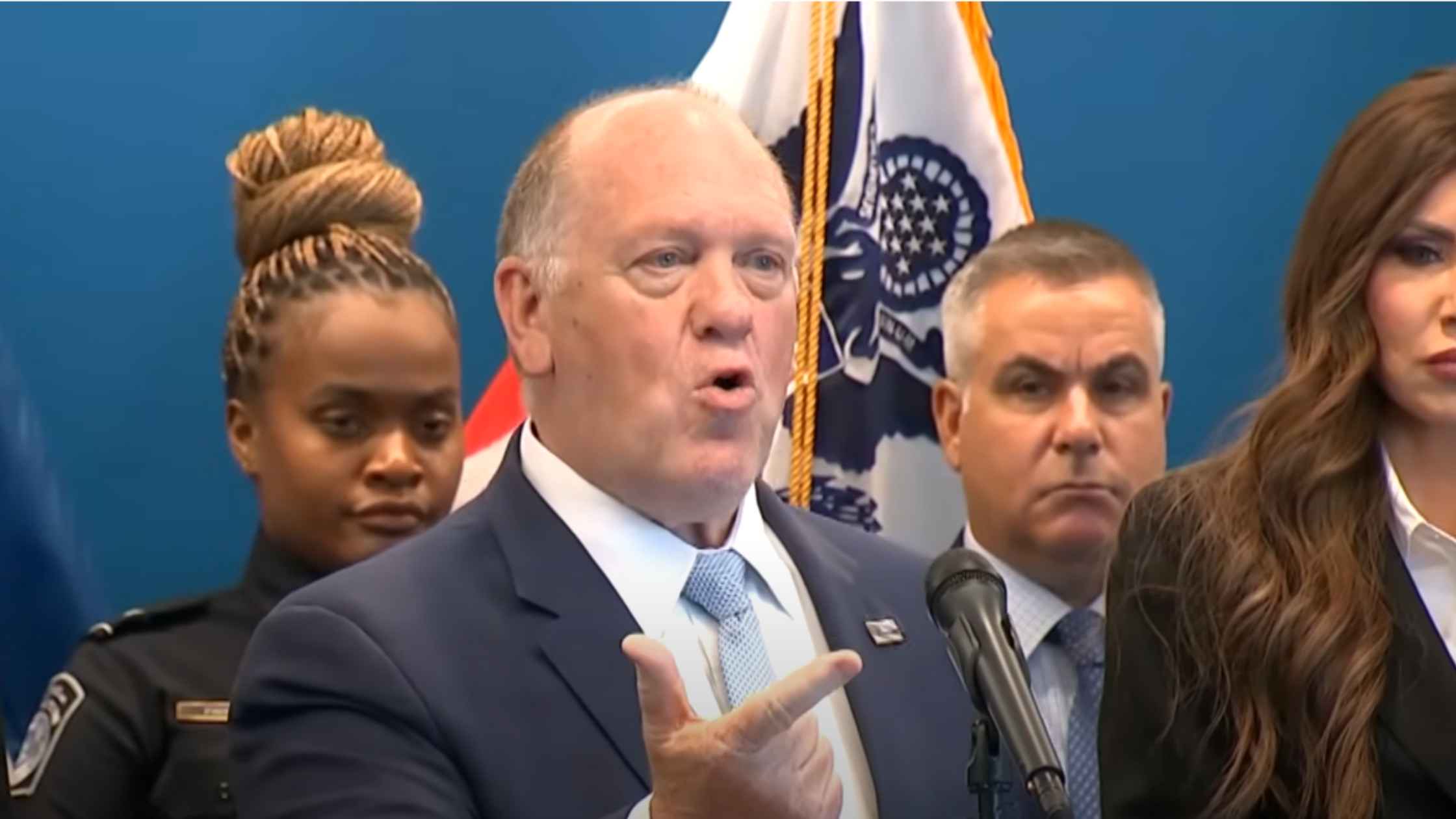
Noem and Homan Adress NYC Shooting
Kristi Noem and Tom Homan speak on Sanctuary City policies and the shooting of a CBP officer. Read the transcript here.
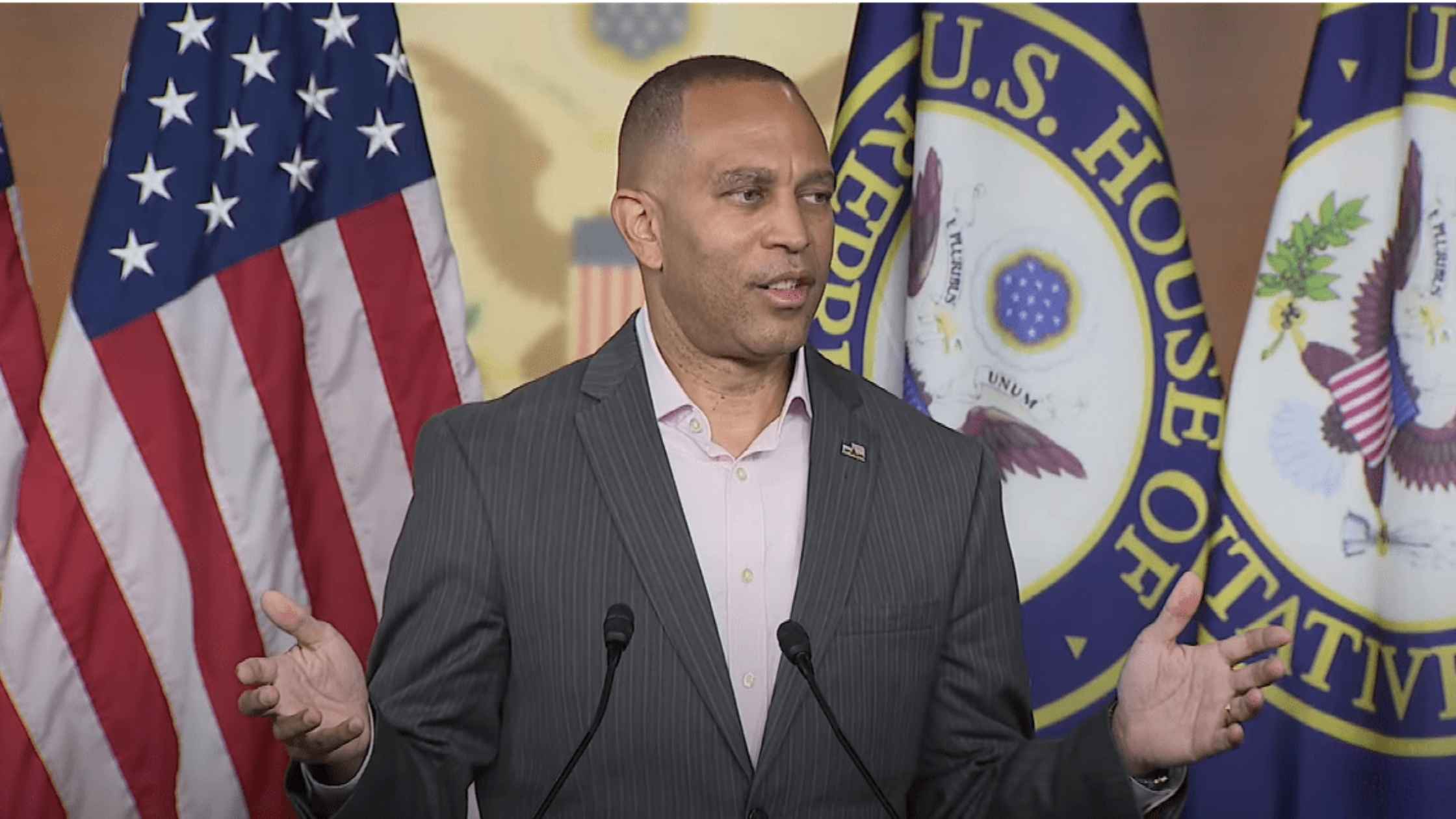
House Democrat News Briefing 7/21/25
Hakeem Jeffries leads the House Democrat news briefing for 7/21/25. Read the transcript here.
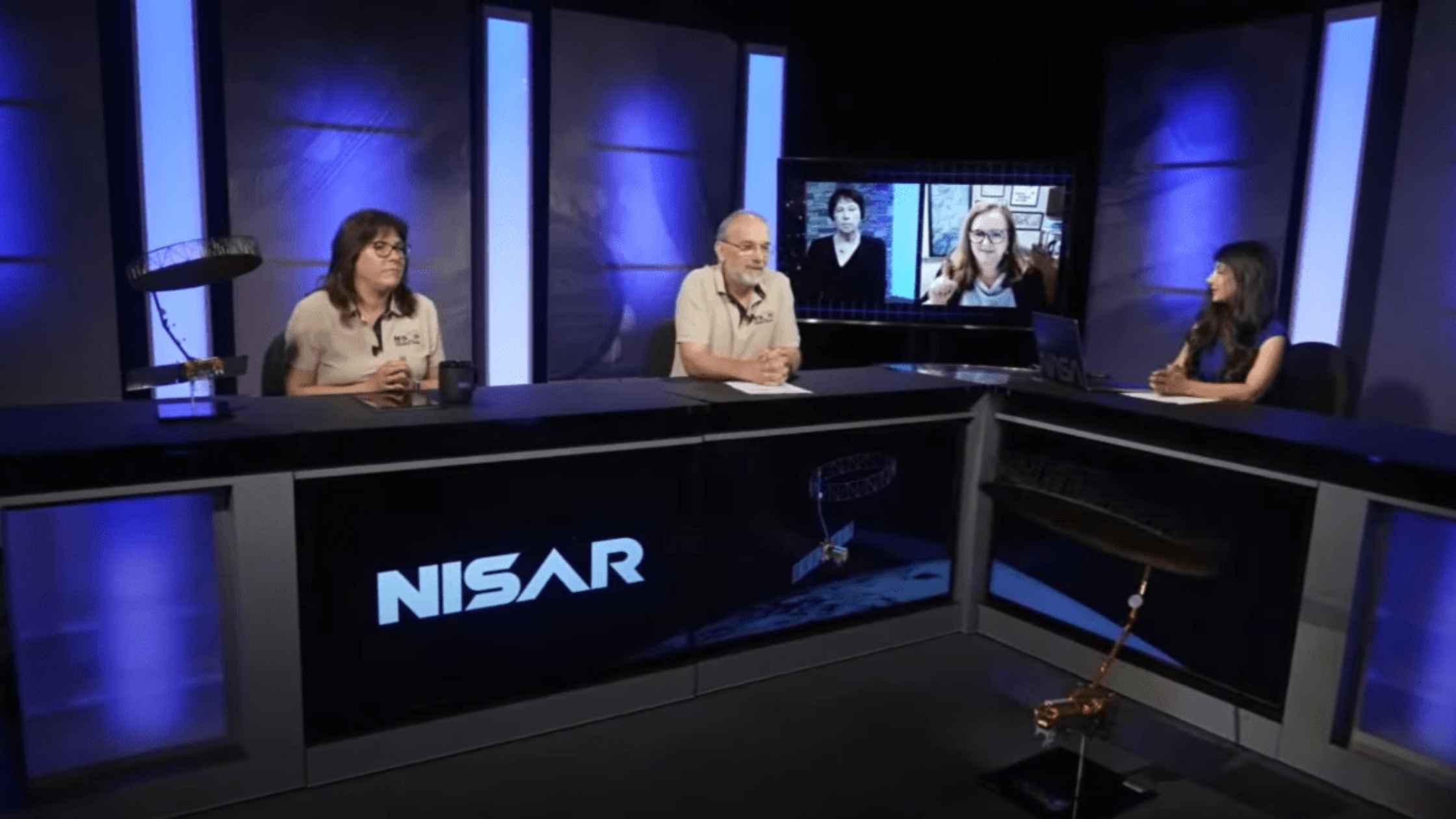
NASA Briefing on Joint Mission with India
NASA holds a news briefing on collaboration with India's space program for a new satellite. Read the transcript here.
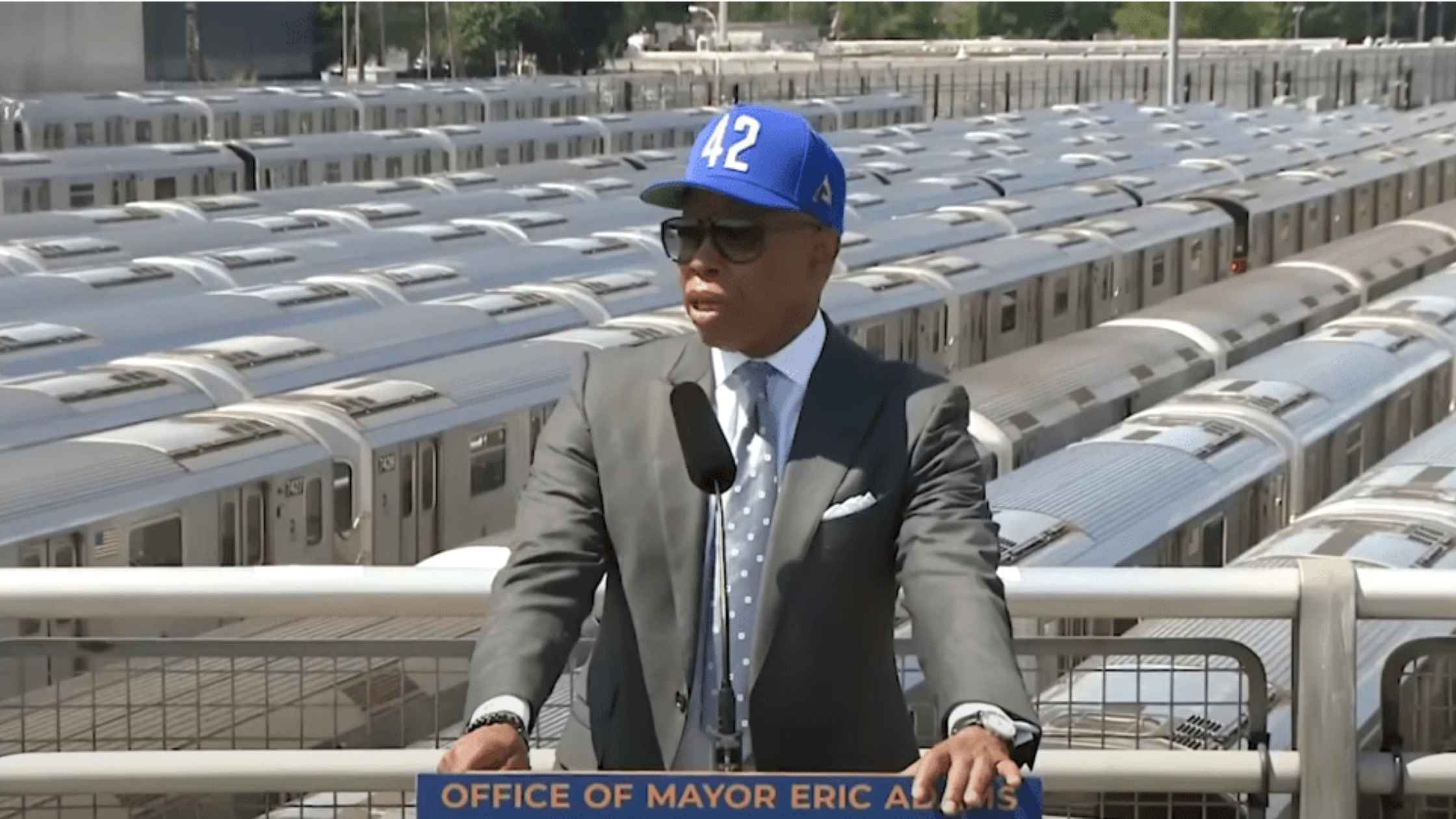
Eric Adams holds Subway Press Conference
NYC Mayor Eric Adams holds a press briefing to tout his efforts to combat subway surfing. Read the transcript here.
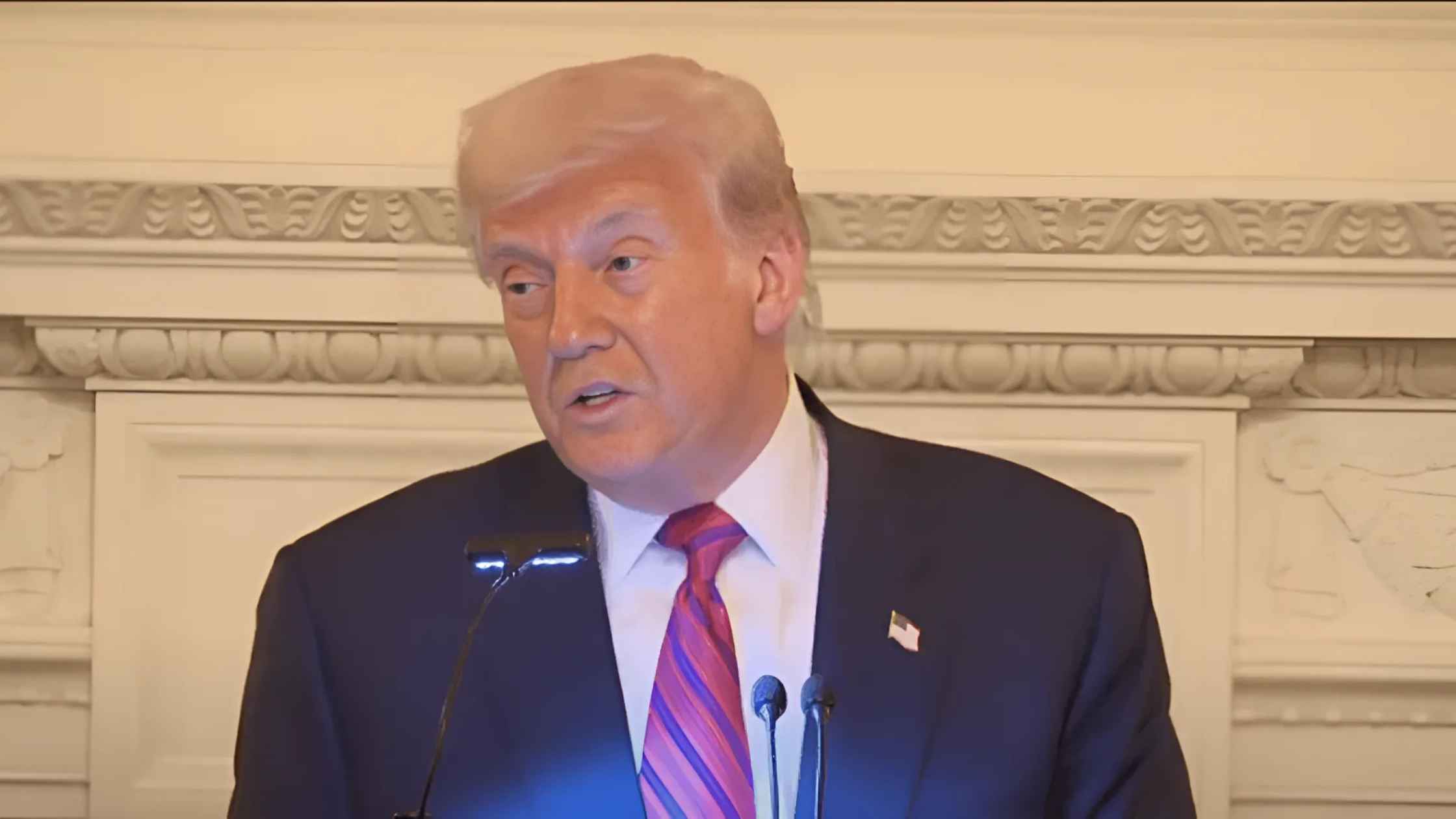
Trump Speaks to Republican Senators
Donald Trump speaks at a dinner for Republican Senators. Read the transcript here.
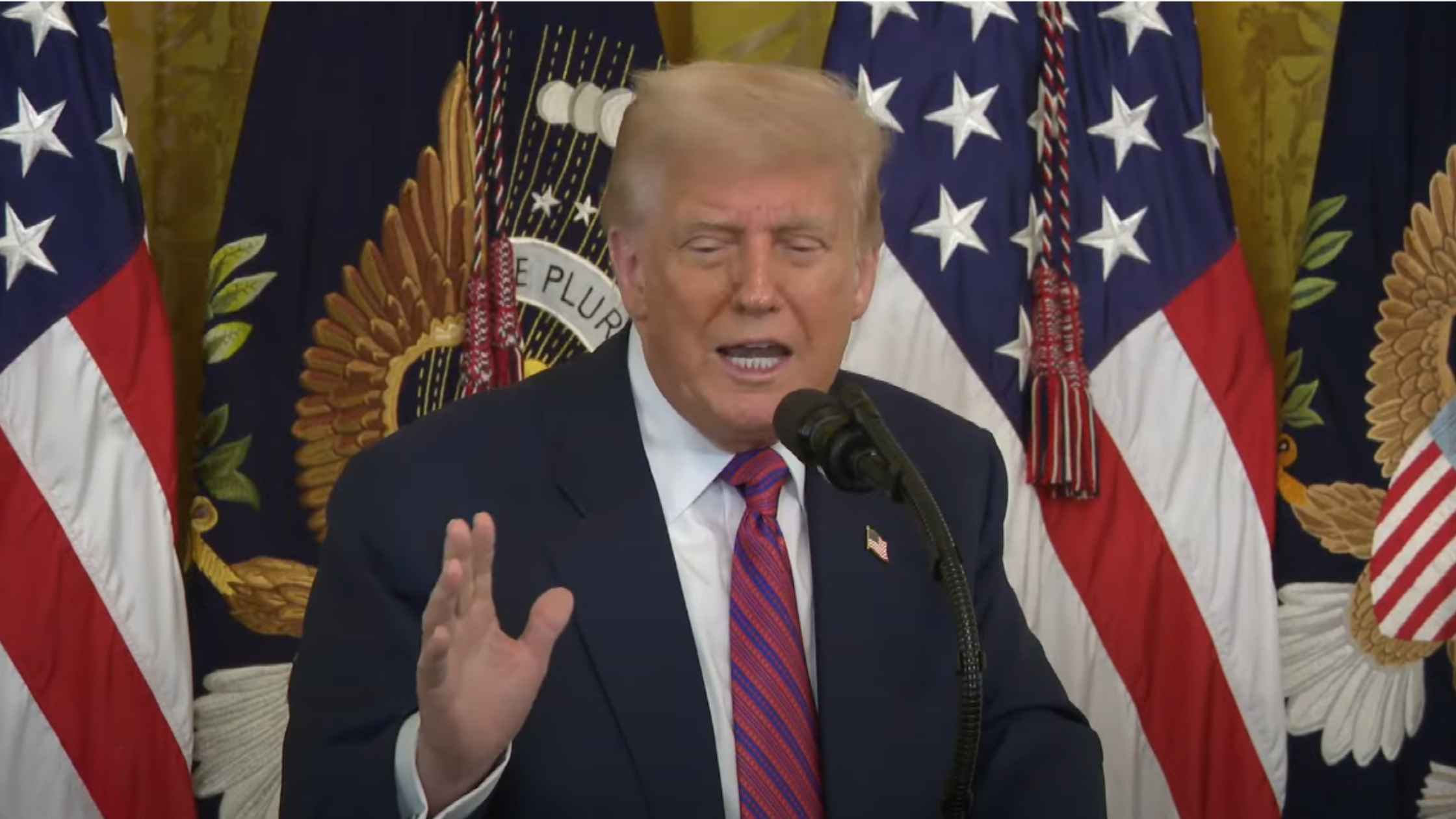
Trump Signs Crypto Bill
Donald Trump signs law creating regulations for dollar-linked 'stablecoin' cryptocurrencies. Read the transcript here.
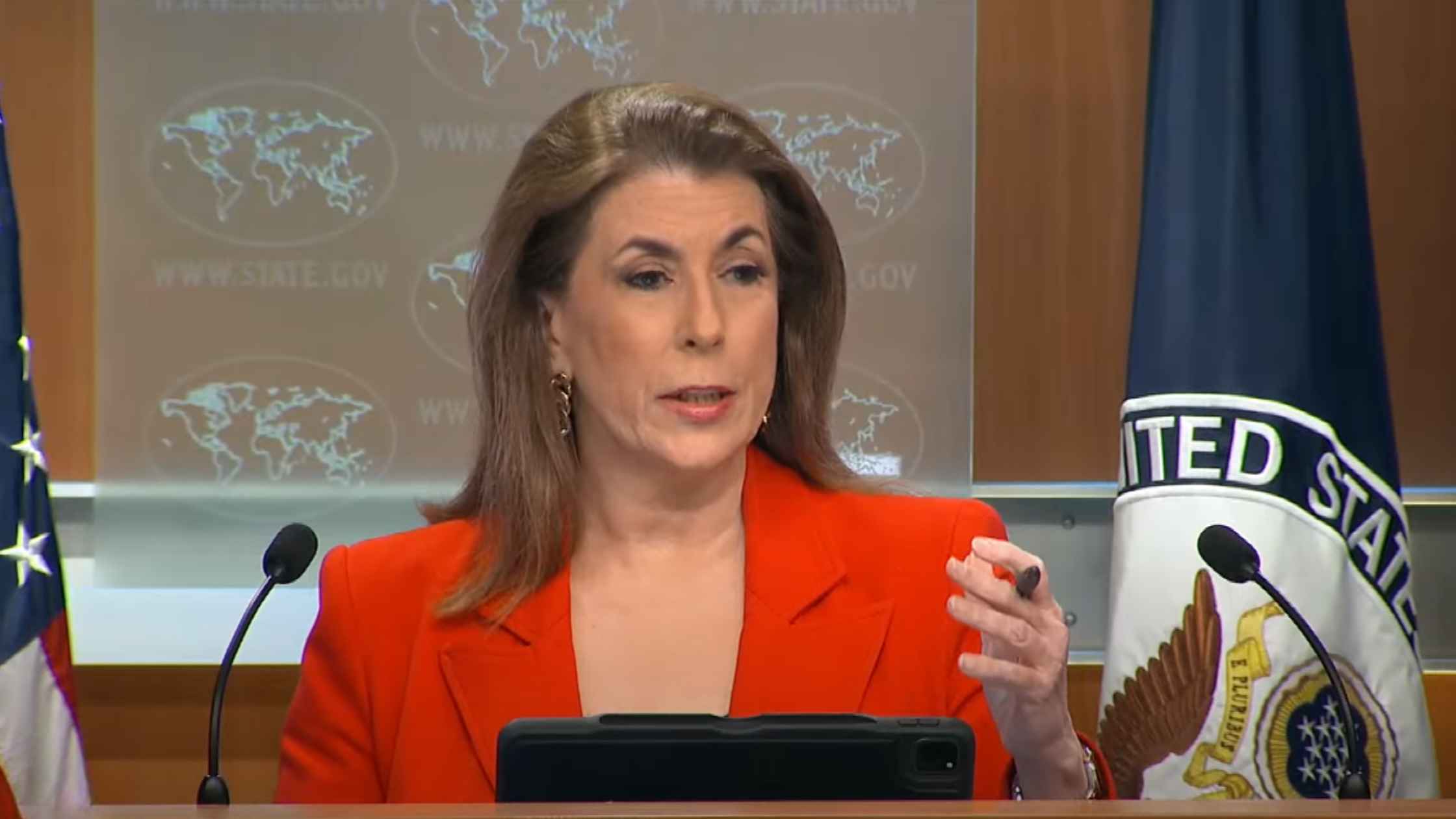
State Department Press Briefing for 7/17/25
Tammy Bruce leads the State Department briefing for 7/17/25. Read the transcript here.
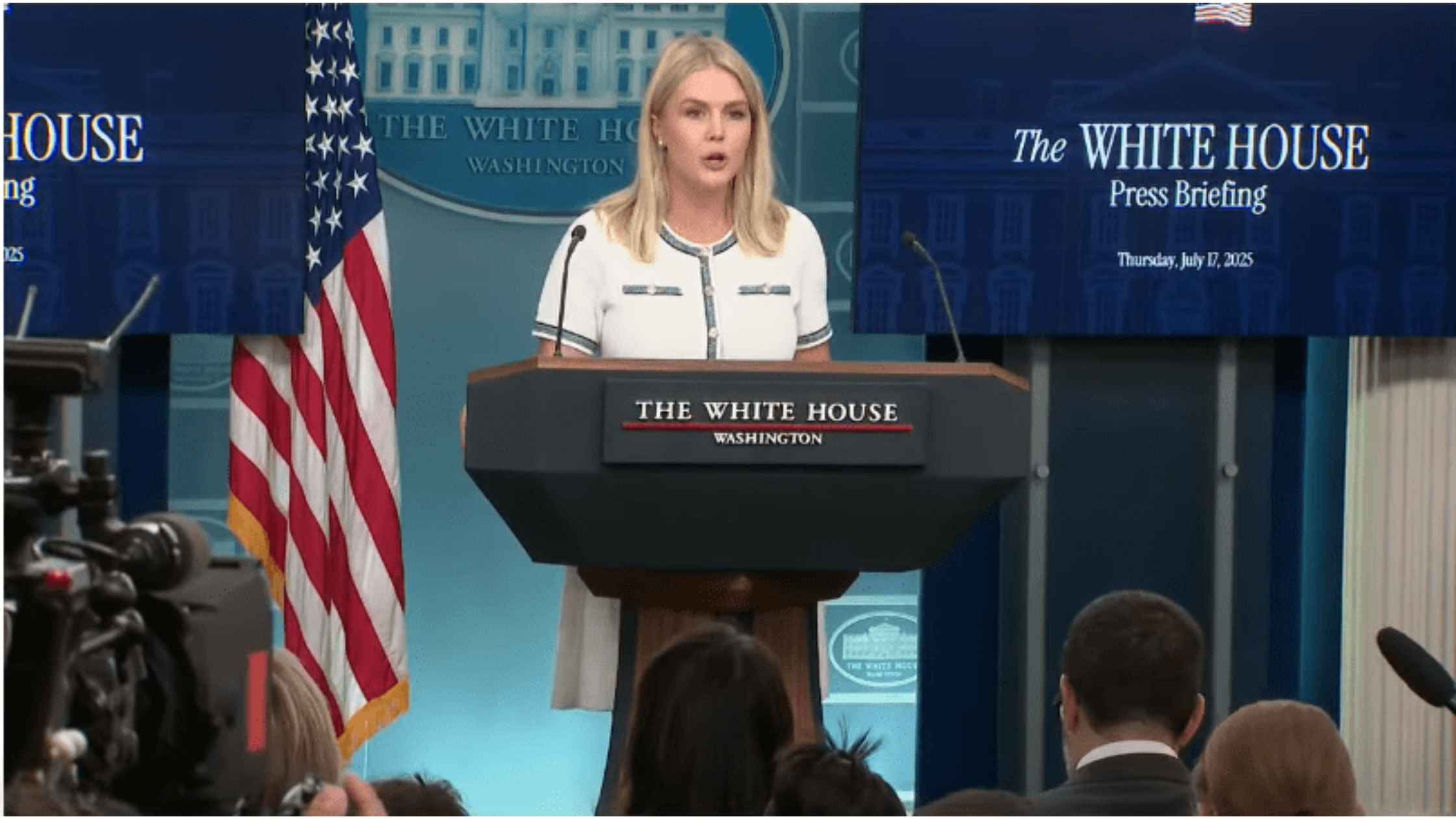
Karoline Leavitt White House Press Briefing on 7/17/25
Karoline Leavitt holds the White House Press Briefing for 7/17/25. Read the transcript here.
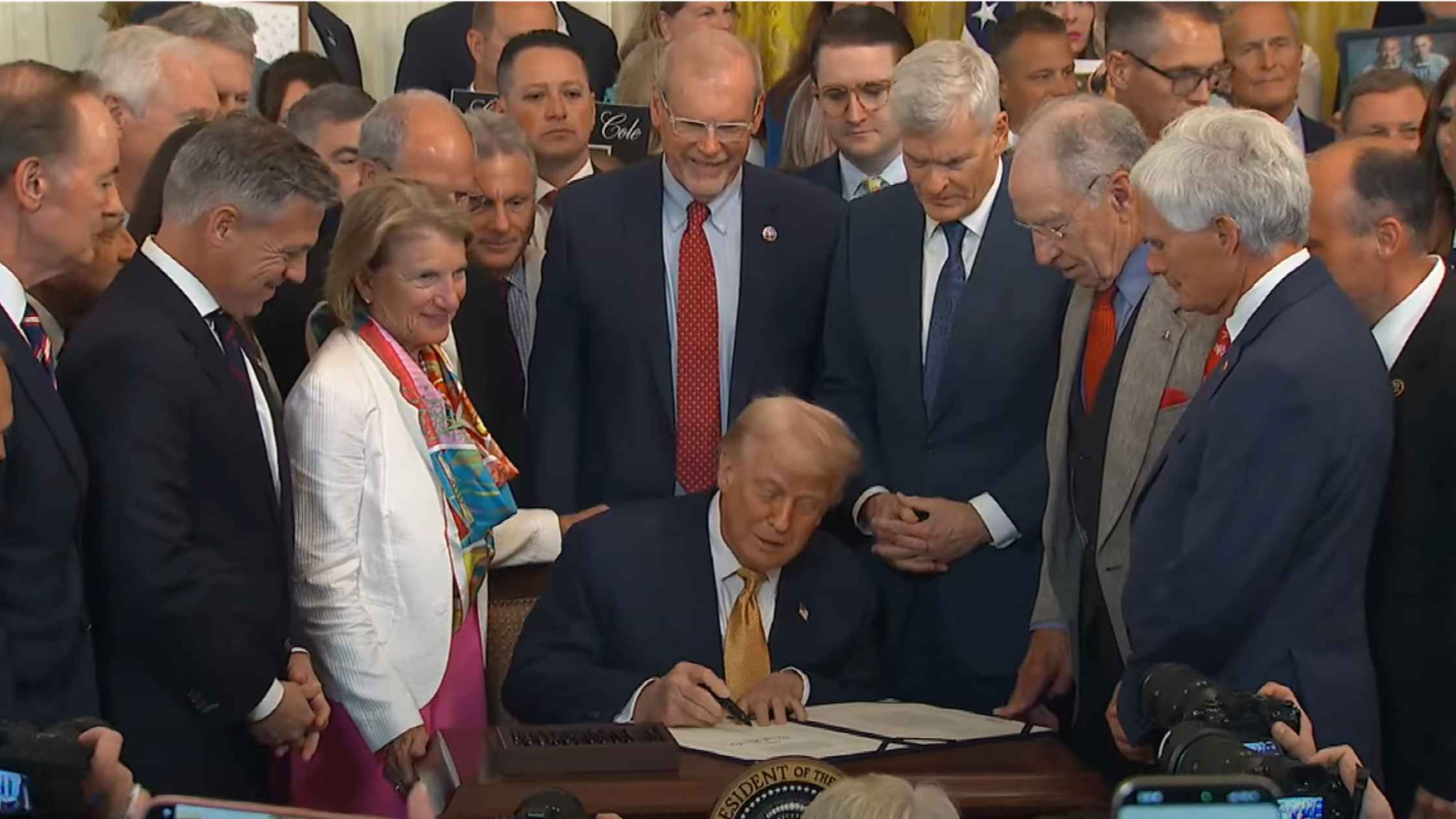
Trump Signs HALT Fentanyl Act
Donald Trump signs the HALT Fentanyl Act in a White House ceremony. Read the transcript here.
Subscribe to The Rev Blog
Sign up to get Rev content delivered straight to your inbox.


